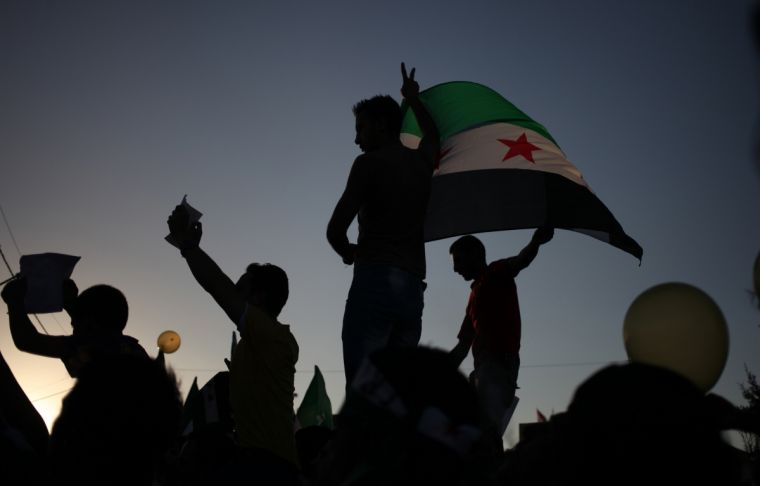Firing missiles at Syria is 'not the answer', says bishop

The Bishop of Hereford, the Right Reverend Anthony Priddis, has said Parliament was right to be cautious about sanctioning a military strike on Syria.
The bishop said he was "deeply appalled and shocked" by the deaths caused by the chemical attack as well as the suspected use of napalm.
However, he suggested the proposed military action fell short of the "just war" requirements that it be the last resort and carried out by a legal authority, as well as being likely to achieve its aims.
"It is hard to see military intervention at this stage as a 'last resort' in Syria, when we still do not have the UN inspectors' report, nor UN support - though that might never come given Russia and China's power of veto," he said.
"With so many areas of the Middle East inter-twined, military intervention would carry the huge risk of escalating and having unforeseen consequences. Action in one country is always likely to affect others, and lead to yet more persecution of Christians and other minorities, among other things."
Bishop Priddis said it was the job of the United Nations to make clear that individuals who initiate or carry out chemical attacks will be brought to trial in an international court and that any regime sanctioning such attacks "can expect concerted action against it".
"Diplomatic pressure and world outrage may not yet be very effective, but we must continue to encourage our politicians and others to exert all the pressure that they can to assist the suffering Syrians. Firing cruise missiles is not at present the answer, and is not likely ever to be," he said.
Leaders from the United Reformed Church, the Methodist Church in Britain and the Baptist Union of Great Britain have also welcomed the vote against UK involvement in a military strike.
"We are thankful that our MPs carefully considered the difficult matter of military intervention in Syria – and decided to reject it," they said in a joint statement.
"Our prayers now are that all diplomatic means are used to bring government and opposition leaders to the negotiating table and that divided parties are encouraged to seek a future they can inhabit together.
"We also urge that priority is given to a quick and effective humanitarian response to the thousands of Syrian people affected by the violence."
The Reverend David Grosch-Miller, moderator-elect of General Assembly of the United Reformed Church has written a special prayer for the Syria situation:
Gracious God look with compassion upon your people.
Where anger and fear encourage violence give courage to those who long for peace
When the pressure is to act give the wisdom to do the right thing
When hope is silent give voice to the promise of new beginnings
Gracious God grant to us and all people the desire for wholeness and healing that will not be satisfied until justice becomes the foundation for all human relationships. Give us the courage to go on speaking for the oppressed and working for the fulfilment of your purposes. Amen.











